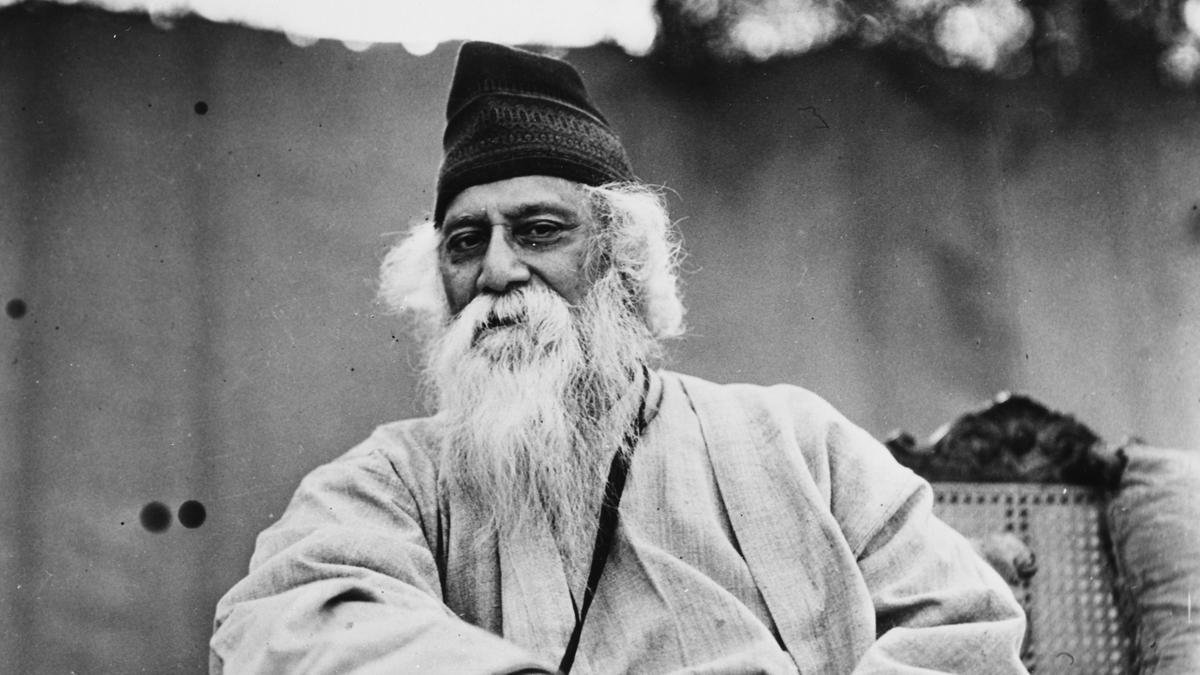New antibody could be promising cancer treatment: Study

“We have been researching precision medicine for close to 15 years now, as well as how we can use antibodies to influence an important key protein (CD40) in the immune system. We can now show that our new antibody method works as precision medicine for cancer,” explains Sara Mangsbo, professor at the Department of Pharmacy at Uppsala University, who together with Johan Rockberg, professor at KTH Royal Institute of Technology, is the study’s lead author.
How the new antibody works?
The drug redirects the immune system to target specific mutations and gene changes found only in cancer cells, known as neoantigens. The new antibody delivers the unique tumour-specific material directly to a specific type of immune cell while simultaneously stimulating it, enhancing the T-cell response to the tumour.
The results show that the method works in several ways. Not only does it activate the right type of immune cells in human blood samples, but animal models show that mice receiving the treatment had prolonged survival and, at higher doses, also save the mice from cancer, and that the method is safer than previous cancer treatments the researchers have studied.
Customised precision medicines can be both costly and time-consuming to develop.
Both in terms of production cost and the short time it takes to tailor a peptide to a new tumour, this increases availability and should make it quicker for patients to go from diagnosis to treatment,” explains Johan Rockberg, Professor at KTH Royal Institute of Technology.
The aim of the study was to establish a more flexible, faster and safer treatment for cancer than those currently available.The next step is to use the fully optimised production process to manufacture the drug candidate for further safety studies and then start clinical trials in humans.













